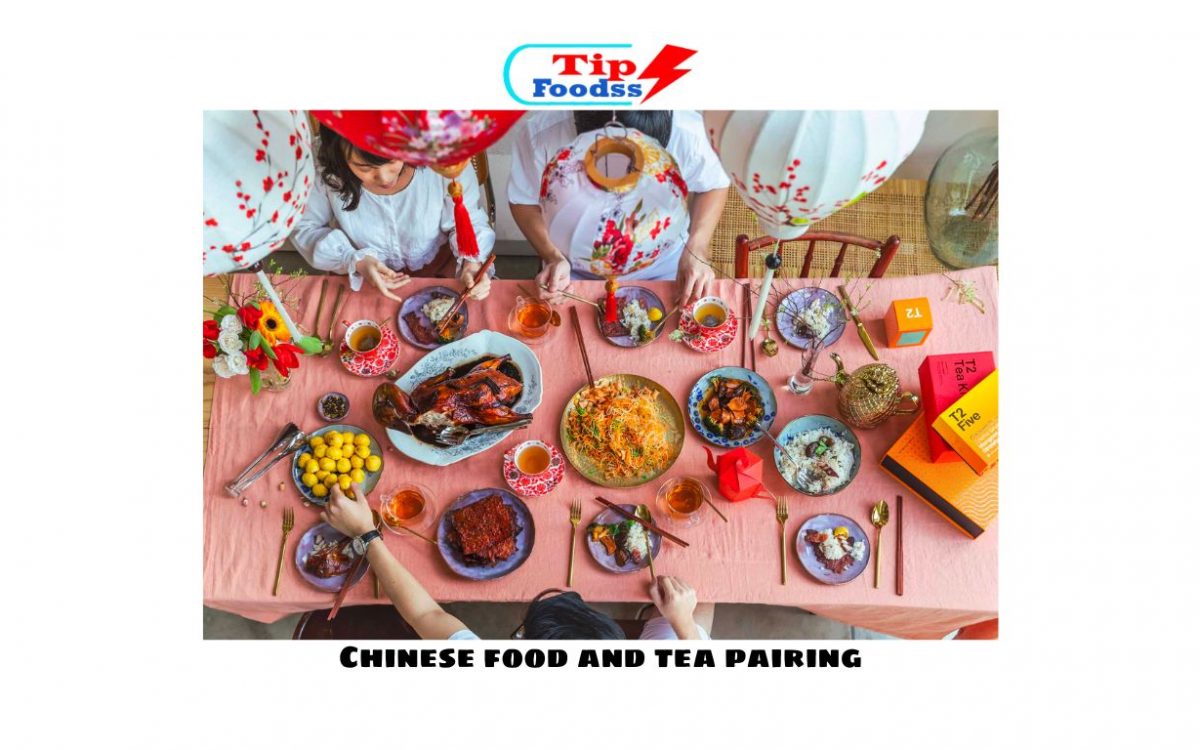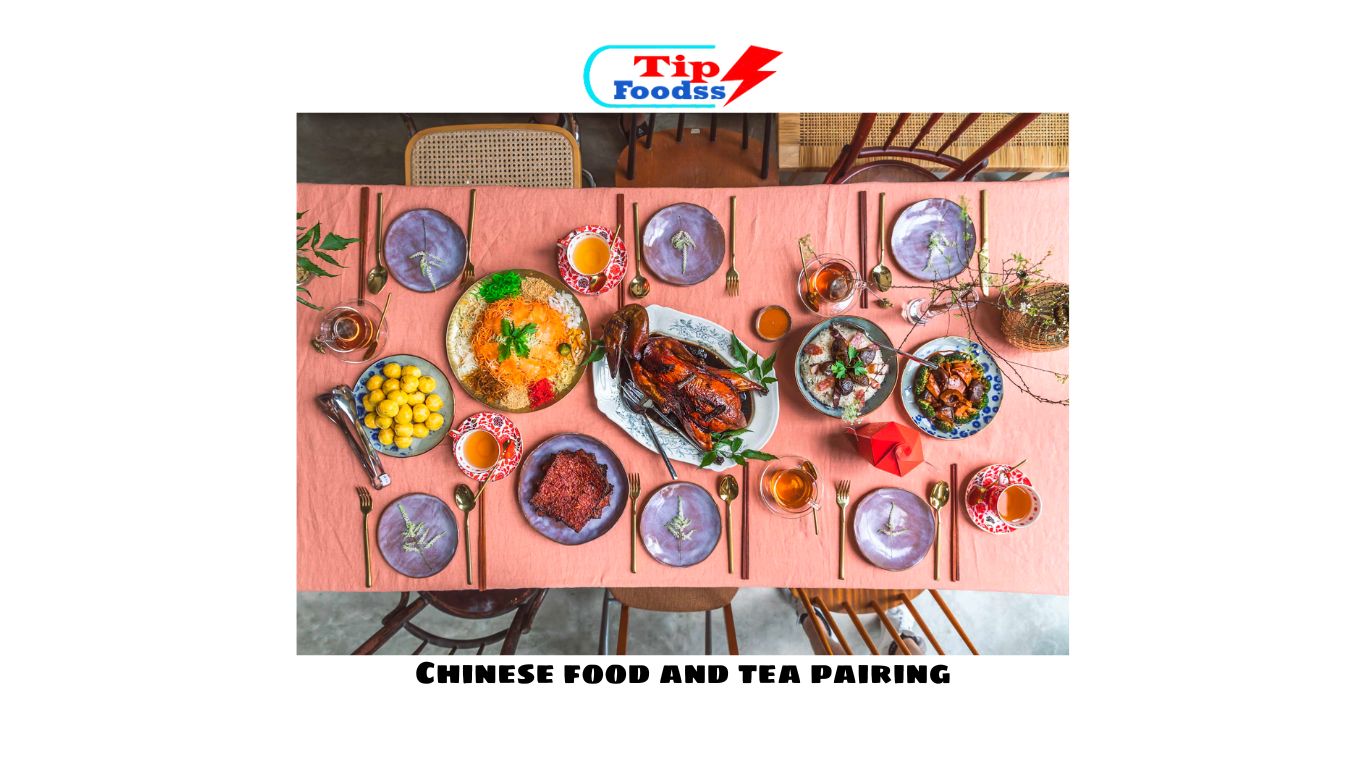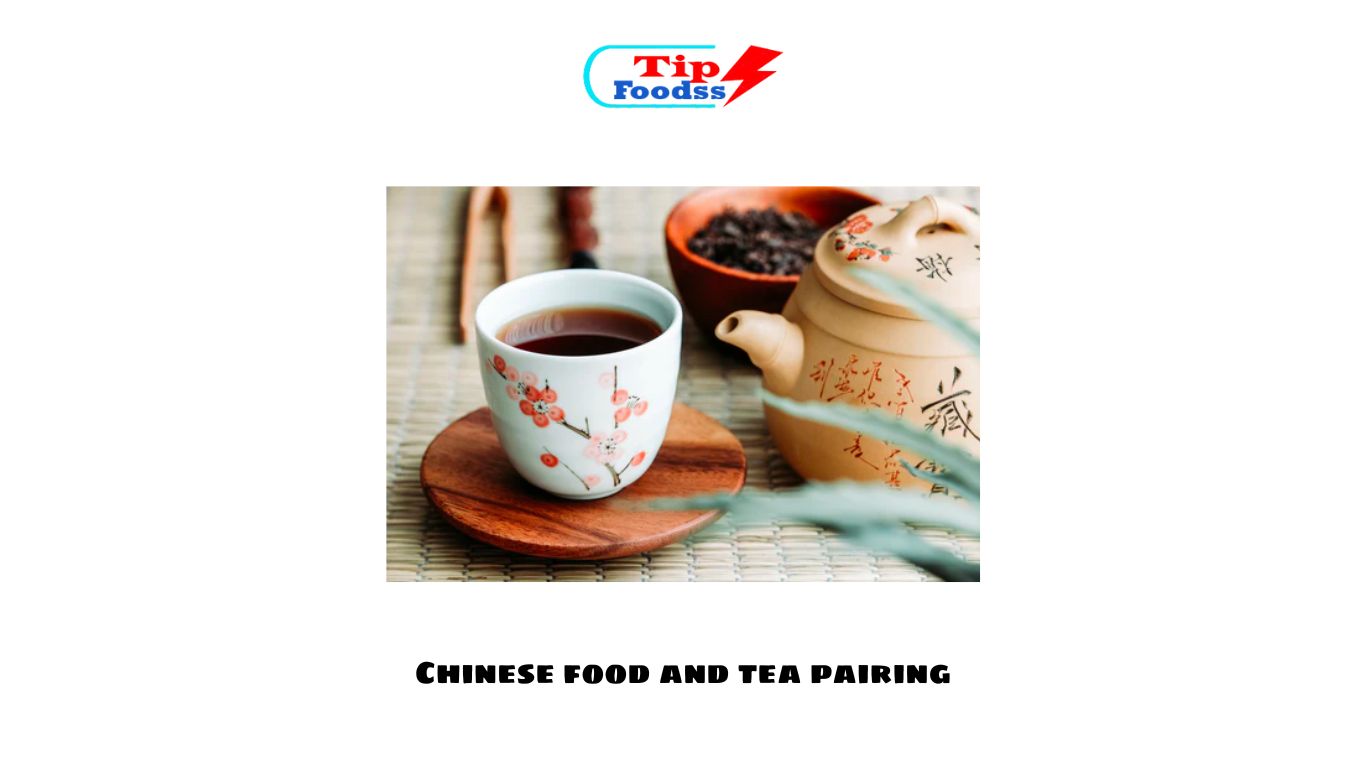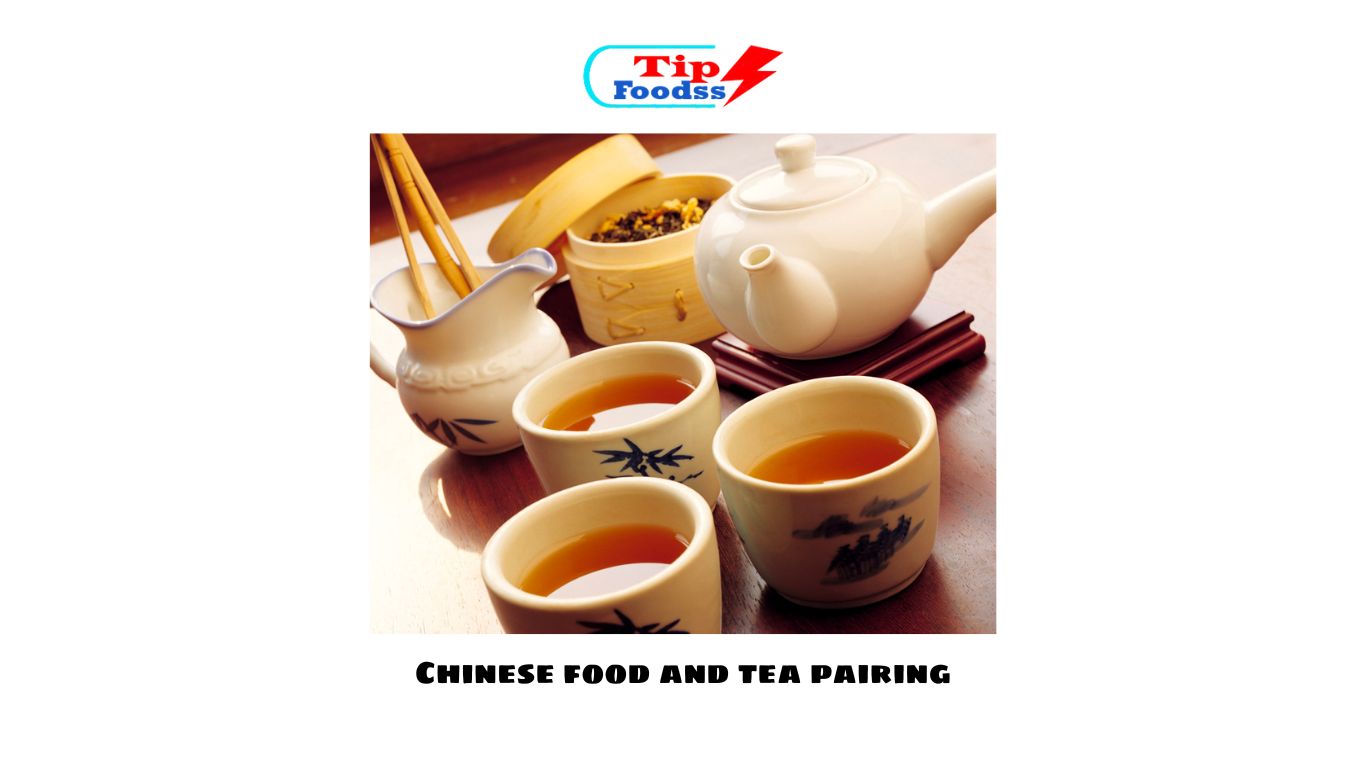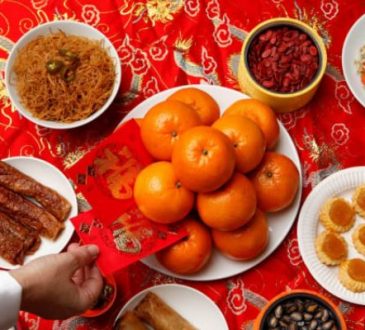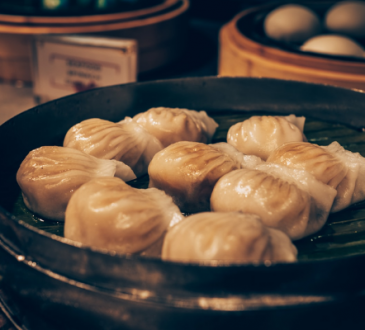Chinese Food and Tea Pairing: Exploring the Harmonious Blend of Flavors
Chinese cuisine is renowned for its diverse flavors, aromatic spices, and unique cooking techniques. Similarly, the tradition of tea drinking in China has a rich history that extends back thousands of years. By combining the culinary delights of Chinese food with the art of tea pairing, one can experience a harmonious blend of flavors that enhances the overall dining experience. In this article, Tipfoodss will delve into the world of Chinese food and tea pairing, exploring the intricate balance and complementary nature of these two elements.
Chinese Food and Tea Pairing: Exploring the Harmonious Blend of Flavors
- The Significance of Tea in Chinese Culture:
Tea holds a special place in Chinese culture, symbolizing hospitality, respect, and harmony. It is deeply ingrained in daily life and social interactions. Chinese tea is produced in different regions, each with its unique characteristics and flavors. From delicate green teas to robust black teas and fragrant oolongs, the variety of Chinese teas provides a wide range of options for pairing with different types of Chinese cuisine.
- Understanding the Principles of Chinese Food and Tea Pairing:
Chinese food and tea pairing is an art that involves understanding the flavors, textures, and aromas of both the food and the tea. The goal is to create a harmonious balance, where the flavors of the food and the tea complement and enhance each other. Key considerations in pairing include the intensity of flavors, the richness of the dish, and the characteristics of the tea, such as its aroma, body, and aftertaste.
- Dim Sum and Green Tea: A Classic Combination:
Dim sum, a popular Chinese food and tea pairing culinary tradition, consists of a variety of bite-sized dishes. When paired with green tea, the light and refreshing flavors of the tea cleanse the palate and balance the richness of the dim sum. The subtle grassy notes of green tea provide a pleasant contrast to the savory and sometimes spicy dim sum fillings.
- Sichuan Cuisine and Pu-erh Tea: Balancing Spice with Earthiness:
Sichuan cuisine is known for its bold and spicy flavors. When paired with pu-erh tea, a fermented tea with earthy undertones, the tea’s unique characteristics help balance the heat and intensity of the Sichuan dishes. The deep and mellow flavors of pu-erh tea provide a soothing and grounding effect, enhancing the overall dining experience.
- Cantonese Roast Duck and Oolong Tea: Enhancing Richness with Floral Notes:
Cantonese roast duck is a succulent and flavorful dish with a crispy skin and tender meat. Pairing it with floral and aromatic oolong tea creates a delightful contrast. Oolong tea’s complex flavors, ranging from floral and fruity to toasty and nutty, complement the richness of the duck and cleanse the palate with each sip.
- Sweet and Sour Dishes with Jasmine Tea: Balancing Sweetness with Fragrance:
Sweet and sour dishes, commonly found in Chinese food and tea pairing cuisine, have a balance of tangy and sweet flavors. Pairing them with jasmine tea, a fragrant and delicate tea, enhances the overall dining experience. The floral aroma of jasmine tea harmonizes with the sweet and sour elements of the dish, creating a delightful interplay of flavors.
- Peking Duck and Tie Guan Yin Tea: A Perfect Match of Roasted Flavors:
Peking duck, a famous Chinese dish known for its crispy skin and tender meat, pairs exceptionally well with Tie Guan Yin tea. Tie Guan Yin, a roasted oolong tea, complements the smoky and savory flavors of the duck. The tea’s toasty notes and lingering aftertaste enhance the roasted flavors of the dish, creating a memorable combination.
- Stir-Fried Vegetables and Green Tea: Refreshing and Cleansing the Palate:
Stir-fried vegetables, with their vibrant colors and crisp textures, pair wonderfully with green tea. The light and refreshing qualities of green tea cleanse the palate and complement the natural flavors of the vegetables. Green tea’s grassy notes and slight astringency provide a pleasant contrast, accentuating the freshness of the dish.
- Traditional Chinese Desserts with White Tea: Subtle Elegance and Delicate Flavors:
Traditional Chinese desserts, often characterized by their subtle sweetness and delicate flavors, find a perfect companion in white tea. White tea’s delicate and nuanced flavors, with notes of floral and honey, enhance the gentle sweetness of the desserts without overpowering them. The light and elegant nature of white tea creates a harmonious pairing, allowing the desserts to shine.
- Exploring the World of Chinese Food and Tea Pairing:
While the pairings mentioned above provide a glimpse into the world of Chinese food and tea pairing, the possibilities are endless. With a wide variety of Chinese cuisines and teas available, there are numerous combinations to explore and savor. The key is to approach pairing with an open mind, experimenting with different flavors and allowing personal preferences to guide the choices.
Conclusion:
Chinese food and tea pairing is a delightful journeyinto the world of flavors, aromas, and textures. By understanding the principles of pairing and exploring the vast array of Chinese cuisines and teas, one can create a harmonious blend of flavors that elevates the dining experience. Whether it’s the refreshing combination of dim sum and green tea, the balance of spice and earthiness with Sichuan cuisine and pu-erh tea, or the interplay of roasted flavors with Peking duck and Tie Guan Yin tea, each pairing offers a unique and memorable experience.
Chinese food and tea pairing is not only about finding the perfect match but also about appreciating the cultural significance and traditions behind both elements. It is an art that celebrates the diversity and complexity of Chinese cuisine and the rich heritage of tea drinking in China. By embracing this art, one can embark on a culinary adventure that engages the senses and fosters a deeper understanding of Chinese culture.
So, the next time you enjoy a delicious Chinese meal, consider enhancing the experience with a thoughtfully chosen tea. Allow the flavors to dance on your palate, the aromas to entice your senses, and the textures to create a symphony of sensations. Chinese food and tea pairing is a celebration of the harmonious blend of flavors, and it invites you to savor every moment, one sip and bite at a time.

